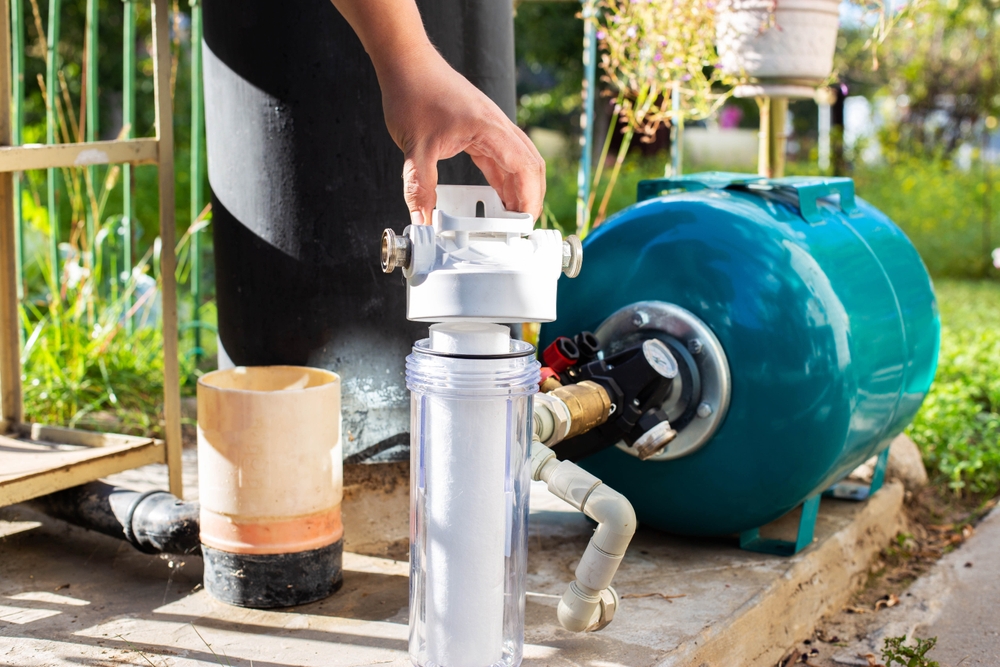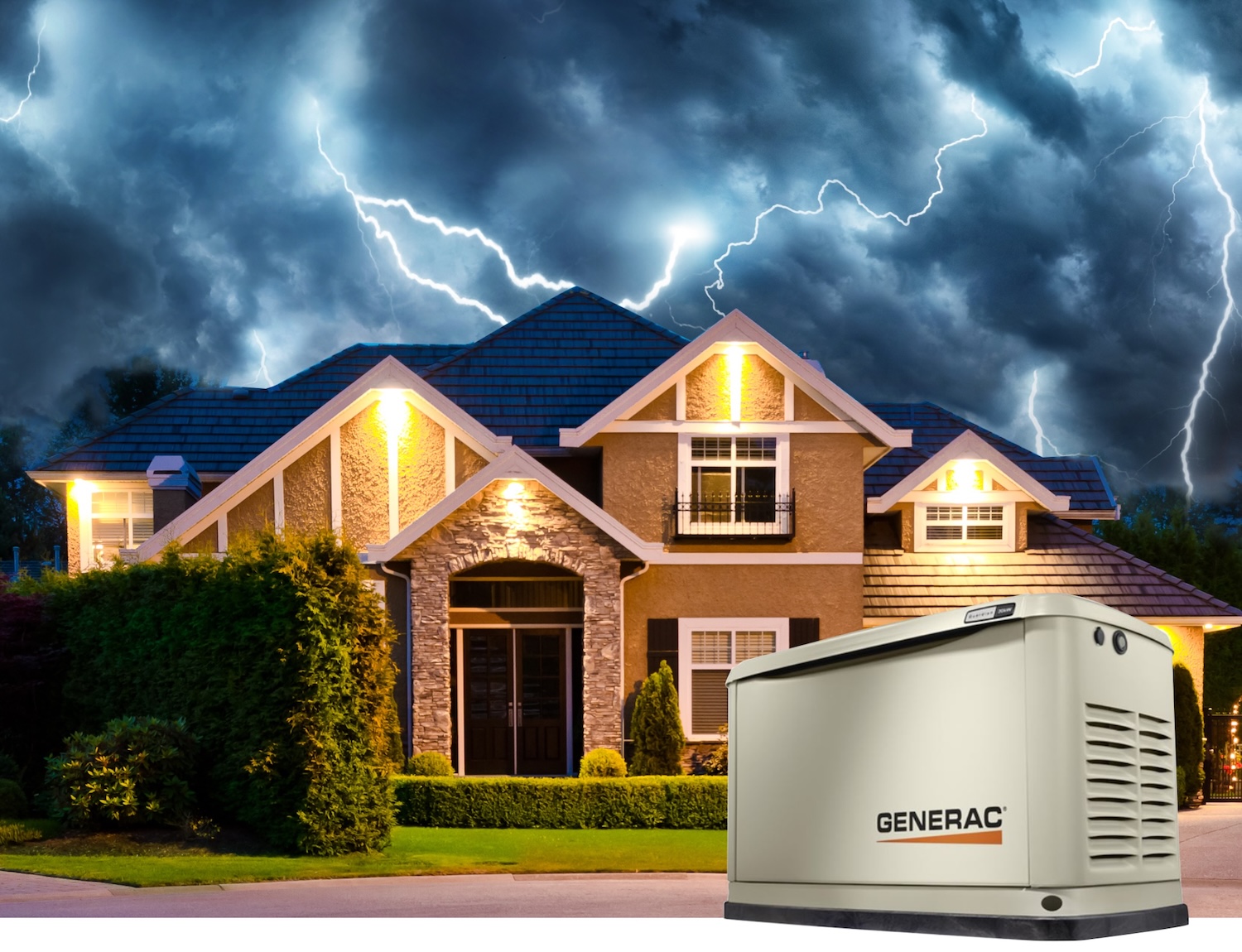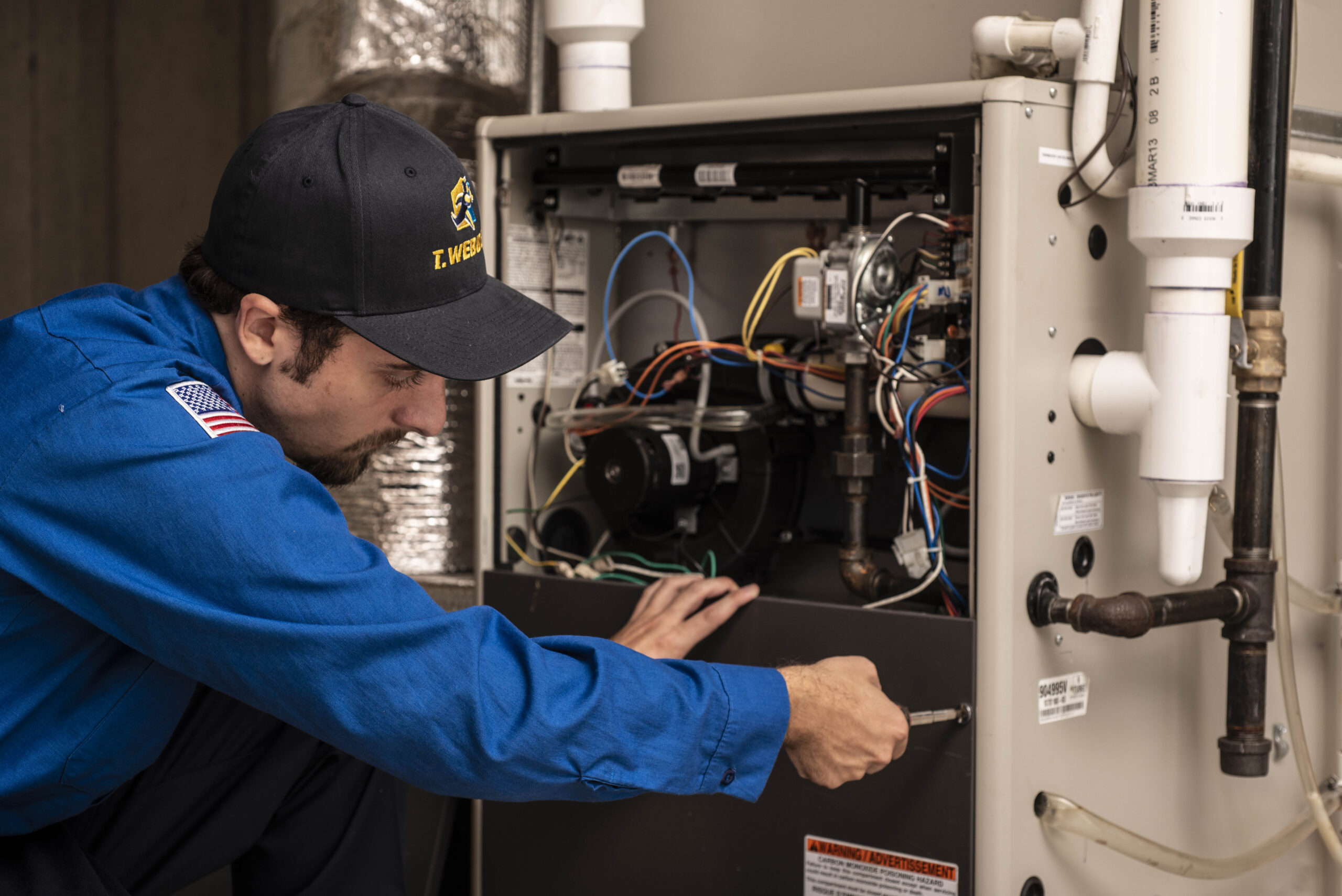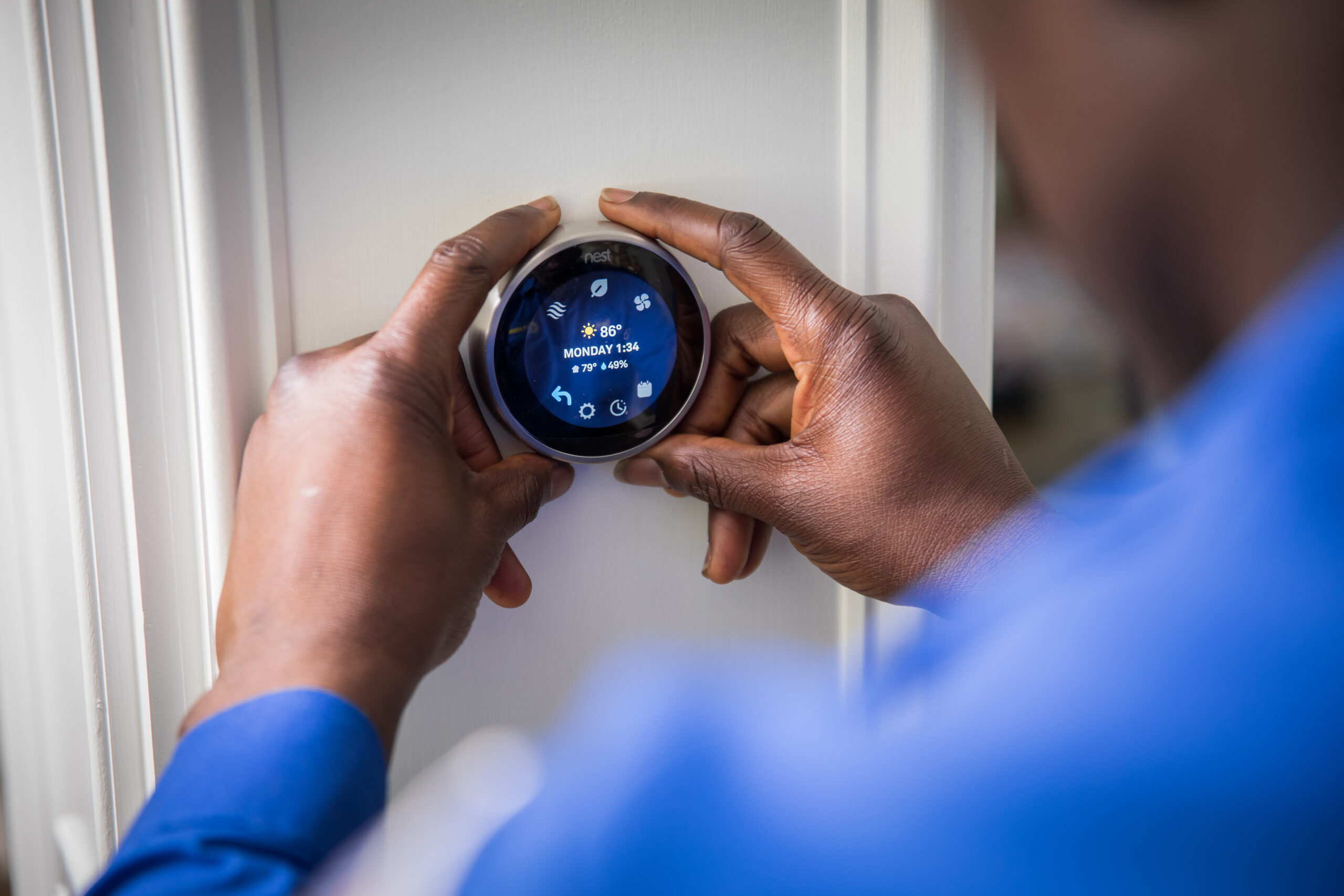Blog
The Pros and Cons of a Residential Well Water System

Residential well water systems work by drawing water from underground aquifers located on your property to provide water for drinking, washing, and irrigation for your home. Understanding the pros and cons of a well pump will help you decide on whether you want your own water system, or use municipal water. There are two types of pumps that we will go over, submersible pumps, and jet pumps, to see which one would be right for you.
At T. Webber, we help homeowners make informed decisions as well as give tips as to how to maintain your well water system once installed.
Understanding Well Water Systems
When your home has a well water system that means your home supply of water comes from an underground well, most likely located right in your backyard. This includes water that you drink, use to wash your hands, shower with, run the dishwasher with, what comes out the hose, and whatever else you use water for at home. Wells are built by drilling into the ground to reach the water table or underground aquifer, where water will then be taken from and pumped into your home.
Some people have mixed feelings about whether to use well water or municipal water sources. When you have water straight from your well, you don’t have to worry about a city water bill, and you can control the quality and pressure of your home’s water. However, some people prefer municipal water—aka city water—because they don’t have to pay attention to contaminants in their water, and if the power goes out, so does your water system since it’s a well pump is powered by electricity.
Pros of Installing a Well Pump
The benefits of installing a well pump for your home include:
- Continuous water availability.
- Cost-effectiveness in the long run.
- Independence from municipal water systems.
- Potential for higher water quality.
- Environmental sustainability.
Cons of Installing a Well Pump
The disadvantages of installing a well pump for your home include:
- Initial installation costs.
- Maintenance and upkeep responsibilities
- Potential for water contamination
- Dependency on well water quality and quantity
- Regulatory requirements and permits
Choosing the Right Well Water Pump System
Types of Well Pumps
The type of well pump that’s best for you will primarily depend on your region and where the water table sits. Different types of pumps look and work differently based on those factors. For example, a submersible pump and a jet pump are two types of pumps that are unique to each other:
Submersible Pumps
A submersible pump is the most common type of pump in wells because of its versatility. This type of pump will work for shallow wells and deep ones. They won’t function unless they’re completely submerged in water—hence the name. This pump motor pushes water up a pipe into your pressure tank.
Jet Pumps
A jet pump is a more powerful option that typically sits over a well and draws up water via suction. There are two types of models of jet pumps: one that works better in shallow water called a “Single-drop”, and one that’s more suitable for deep wells called a “Double-drop” model. This pump relies on the impellers inside to drive water into your home at a faster speed than other pump motors.
Factors To Consider When Selecting a Pump
When you’re doing research and shopping around for a well pump installation, here are some factors to consider when choosing a pump:
Installation Process and Maintenance Tips
Well Pump Installation Best Practices
The best way to install a well pump for your home is by consulting a trained specialist to provide the right equipment and practices. You will need high-quality pipes, fittings, and connectors to prevent your pump from leaking or corroding. You may also want to hire a licensed electrician to ensure that all the connections and wiring for your well pump are up to code and meet local safety standards to prevent electrical hazards.
Keep in mind that before you install a well pump, you have to check with the local authorities to make sure you have the necessary permits and to follow any regulations. A well pump may be regulated in your area due to setback distances, electrical requirements, and construction standards—which is why it’s always best to hire a professional.
Maintenance Tips for Well Water Pump Systems
Regular inspection and testing at least every three to four years will help your pump work as it should and prevent damage in the future. It’s best practice to have a pump maintenance schedule to keep your well at optimum function and to increase its lifespan. When you address issues with your well pump as soon as they occur, you and your family won’t have to worry about being out of water, which is the biggest necessity in our lives. It’s always a great idea to check your well yourself by looking at it from time to time for any visible issues. Since well water is from underground, you should also be testing the water quality for any harsh chemicals or debris.
Call T. Webber for Your Well Pump Installation
Why should you get a well pump? Because you’ll always have running water, it eliminates your water bill each month, and you have independence from city water, so you can control your water quality and pressure. There are some aspects of a well pump installation to keep in mind, such as the initial installation cost, potential water contamination, and making sure you have all the necessary permits and licenses. Knowing these pros and cons of a well pump for your home can help you make an informed decision if one is right for you.
If you’re still unsure about well pumps or have more questions on an installation, contact us at (845) 443-4815 and schedule an appointment with our plumbing experts.
No matter what you need, T. Webber has the knowledge and experience in wells, plumbing, pipes, electrical, drains, and more. At T.Webber, we are dedicated to helping home and business owners in the Hudson Valley area with their well pump service needs. Talk to a T. Webber Well Pump Expert






